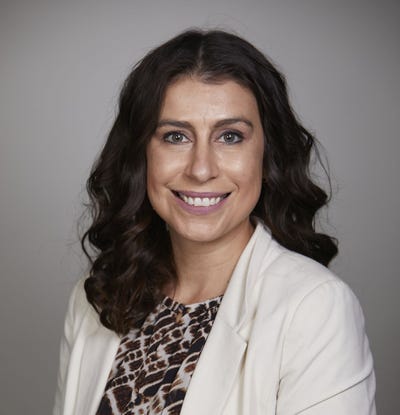.png?width=850&auto=webp&quality=95&format=jpg&disable=upscale)
Antioxidants, such as vitamin E (well, actually just alpha-tocopherol), vitamin C, alpha-lipoic acid (ALA) and coenzyme Q10 (coQ10) don't reverse Alzheimer's disease, according to a double blind, placebo-controlled clinical trial from a group of American researchers (Arch Neurol. 2012 Mar 19).
My take on this is "duh." Dietary ingredients and supplements are not drugs; even FDA says they don't prevent, cure, treat or mitigate a disease. So, why do researchers expect them to reverse a disease when drugs can't even do that?
In this study, subjects with mild to moderate Alzheimer's disease were randomized to one of three groups for 16 weeks:
800 IU/d of vitamin E (alpha-tocopherol), 500 mg/d of vitamin C and 900 mg/d of ALA;
400 mg of coenzyme Q10 (coQ10) three times/d;
or a placebo.
The researchers reported the supplements were well tolerated, but found mental scores declined in the group that took the vitamins and ALA. However, cerebrospinal fluid F2-isoprostane levels, an oxidative stress biomarker, decreased on average by 19 percent from baseline to week 16 in the vitamin and ALA group, b/ut were unchanged in the other groups. Lowering of CSF F2-isoprostane levels in the suggests reduction of oxidative stress in the brain. Other markers of Alzheimer's disease did not differ between the groups.
To me, it seems like the antioxidants did just want they are anticipated to dodecrease oxidative stress. They did not cure or halt Alzheimer's, but that's not what's expected.
In November 2010, this same group of researchers reported the omega-3 docosahexaenoic acid (DHA) did not slow the rate of cognitive or functional decline in patients with mild to moderate Alzheimers disease (2010;304:1903-11. DOI: 10.1001/jama.2010.1510). This previous study brought up many of the same issues I see in the recent antioxidant study.
Both the Global Organization for EPA and DHA Omega-3s (GOED) and the Council for Responsible Nutrition (CRN) criticized the DHA study for design flaws that also occurred in the current antioxidant study.
With the DHA study, GOED was concerned that the study assessed the impact of DHA on patients who already had diagnosed Alzheimers disease, when most supplements, including omega-3s, offer benefits in the prevention or delayed onset of many health conditions.
CRN also responded to this study, pointing out the study focused on individuals who were currently coping with Alzheimers disease, but did not answer the question of whether DHAtaken over long periods of time and several years prior to disease onsetcould have helped prevent these participants from developing the disease. CRN also noted results from the study were in conflict with results from previous studies, which have suggested DHA supplementation for longer periods of timeoften in conjunction with eicosapentaenoic acid (EPA) supplementation and prior to the onset of cognitive declinemight help reduce the risk of dementia and Alzheimers disease. Further, CRN added algal oil, which was used in the study, provides DHA without EPA. The trade organization suggested the study may have had different results if it used one of the several sources of omega-3 fatty acids, such as krill oil and fish oil that contain both DHA and EPA.
Much like the DHA study didn't examine it along with its partner EPA, in this current antioxidant study, the vitamin E in the study was actually just alpha-tocopherol, not the full-spectrum vitamin E or even a full spectrum of tocopherols.
Also like the DHA study, this current study is out of line of previous research. Other studies have shown vitamin E is good for brain health in that it helps to reduce stroke damage and helps reduce the risk of Lou Gehrig's Disease. For more on vitamin E's brain health benefit, watch INSIDER's webinar "Natural Vitamin E Tocotrienol in Neuroprotection and Stroke Prevention." Studies on vitamin C show it can help reduce oxidative stress in the brains of stroke victims and improves mood in hospital patients. ALA, along with acetyl-L-carnitine, improved memory in aging brains by reducing oxidative stress, according to a study from Bruce Ames, M.D., from the University of California, Berkeley. And a Cornell University, New York, study found neuroprotection against the MPTP model of Parkinson's disease using both forms of CoQ10: ubiquinone (from Tishcon) and ubiquinol (from Kaneka).
I don't know where this team of researchers is headed next for its research, but I hope they stop wasting time trying to show if supplements can cure diseases, especially those as misunderstood as Alzheimer's.
About the Author(s)
You May Also Like






.png?width=800&auto=webp&quality=80&disable=upscale)